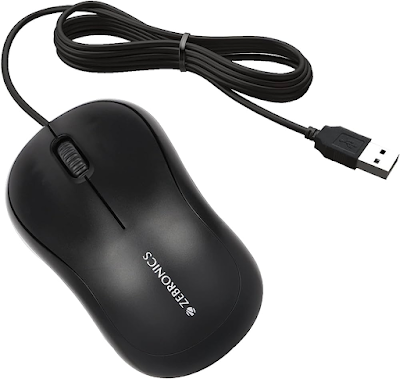Douglas Carl Engelbart
Douglas Carl Engelbart was born in Portland, Oregon on 30 January, 1925. During his college days, he was drafted into the United States Navy and sent to the Philippines as a radar technician. While serving there, he read the article 'As we may think' by Vannevar Bush, an American electrical engineer and inventor who was known for his work on analog computers. Douglas was so impressed by Bush's article that he decided to become an electrical engineer and take up a job that would enable him to augment or enhance human intellect using computer technology.
After he returned from the Philippines , Douglas completed his doctorate in electrical engineering at the University of California in Berkeley. While working as an assistant professor there, his long cherished dream of augmenting human intellect began to haunt him. At that time, computers were specialised machines that only trained scientists could operate. Douglas saw computers as a way for ordinary people to enhance their intellect. He would imagine users sitting at display 'working stations', flying through information space and harnessing their collective intelligence to solve pressing global problems.
A year later, Douglas left the university and joined the Stanford Research Institute, where his report on 'Augmenting Human Intellect: A Concept Framework' led to the establishment of the Augmentation Research Centre at Stanford. Together with his team of researchers at the centre, he developed a number of interactive information systems that helped to make the computer a user friendly tool.
In the 1960s, Douglas invented the computer mouse. He did not like the light pen that people used at the time to point out at things on a computer screen, and so he made a pointing device which comprised a wooden shell, two metal wheels and a connecting cord. The cord resembled the tail of a mouse and gave rise to the device being nicknamed 'mouse'.
In 1968, he patented the mouse but it came to be used commercially only in the 1980s. Although Douglas received several awards in his lifetime, he did not get any royalties for inventing the mouse.






